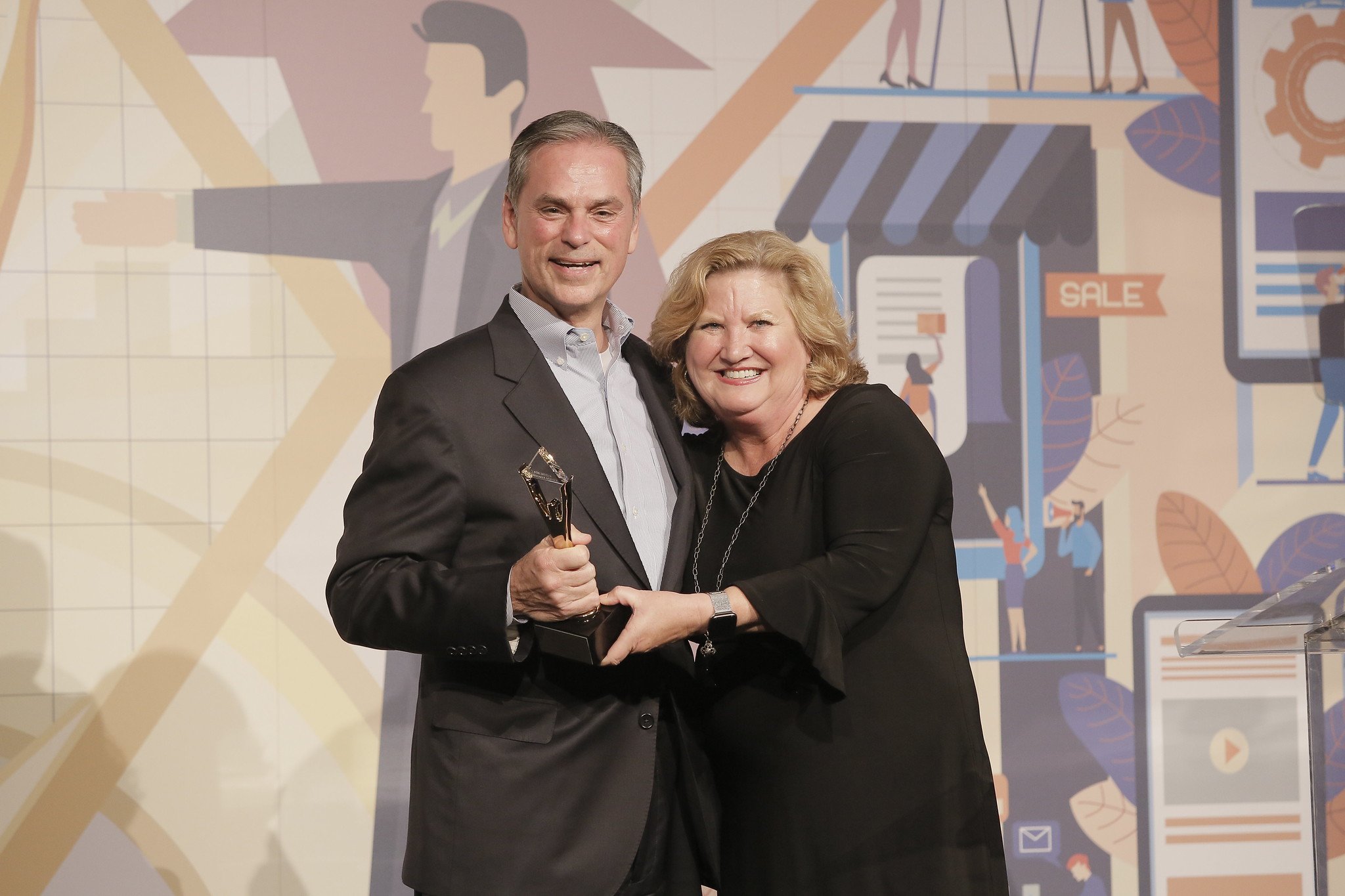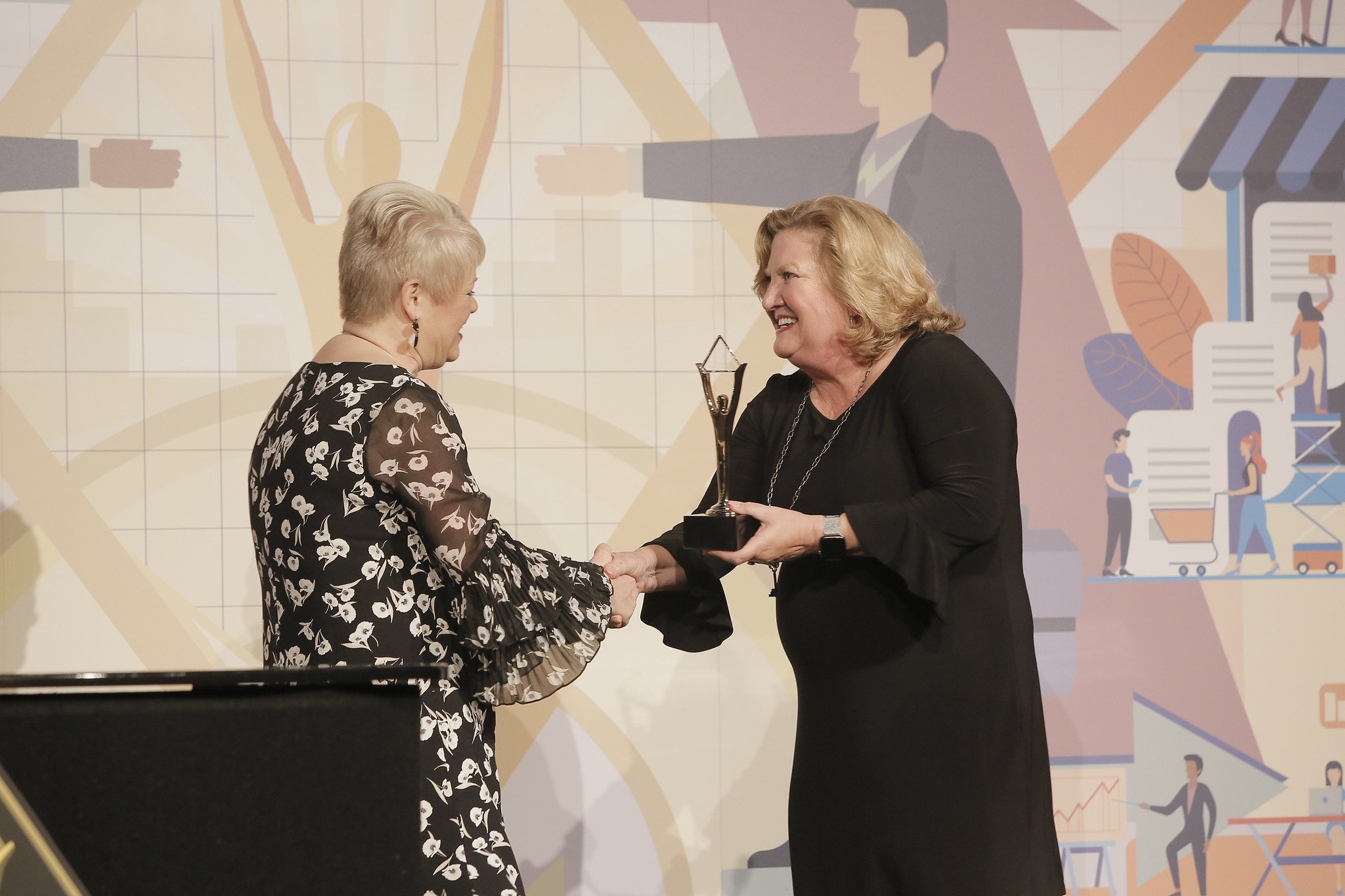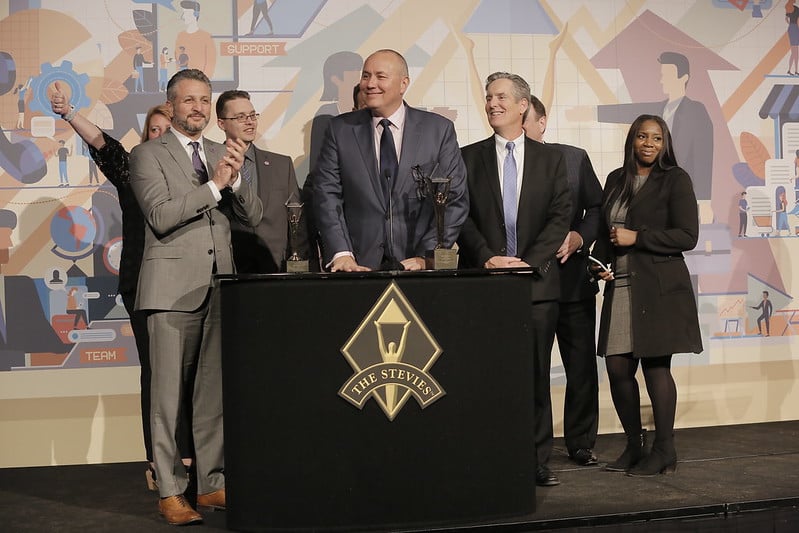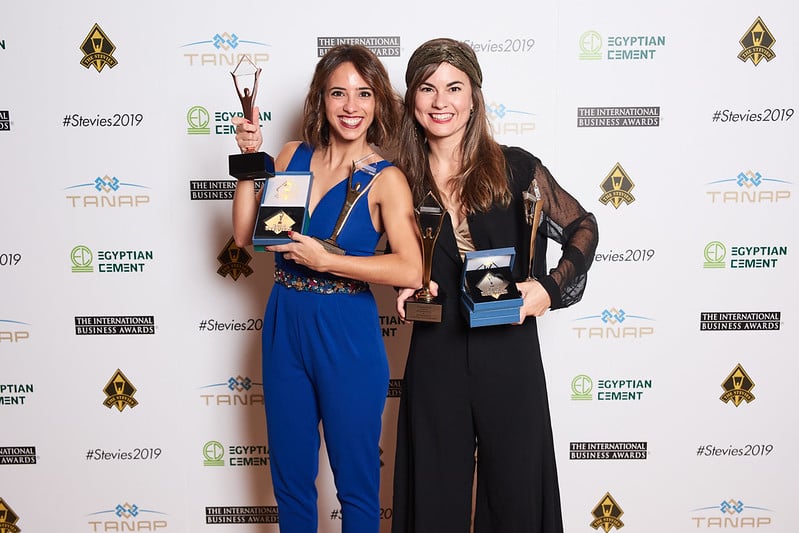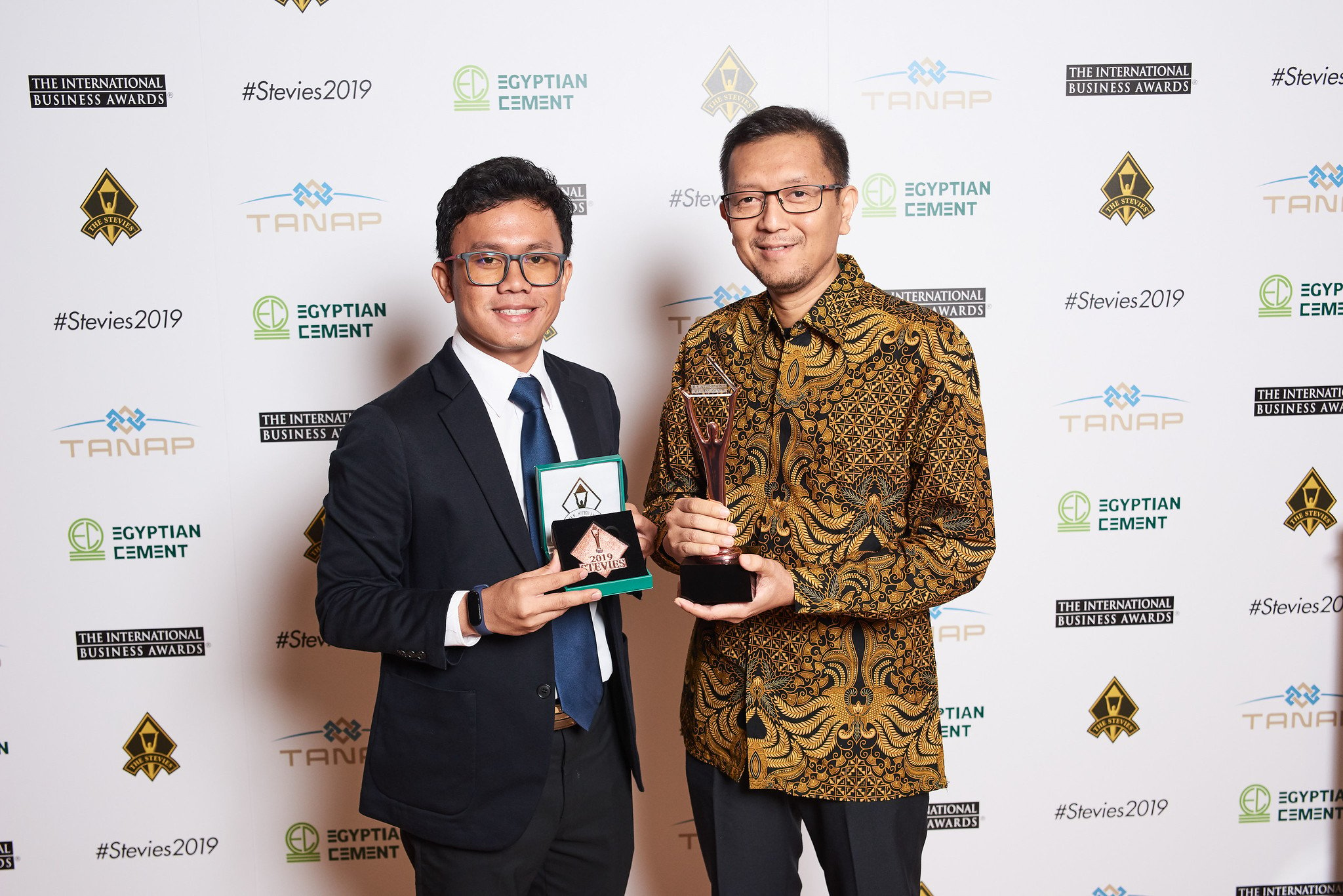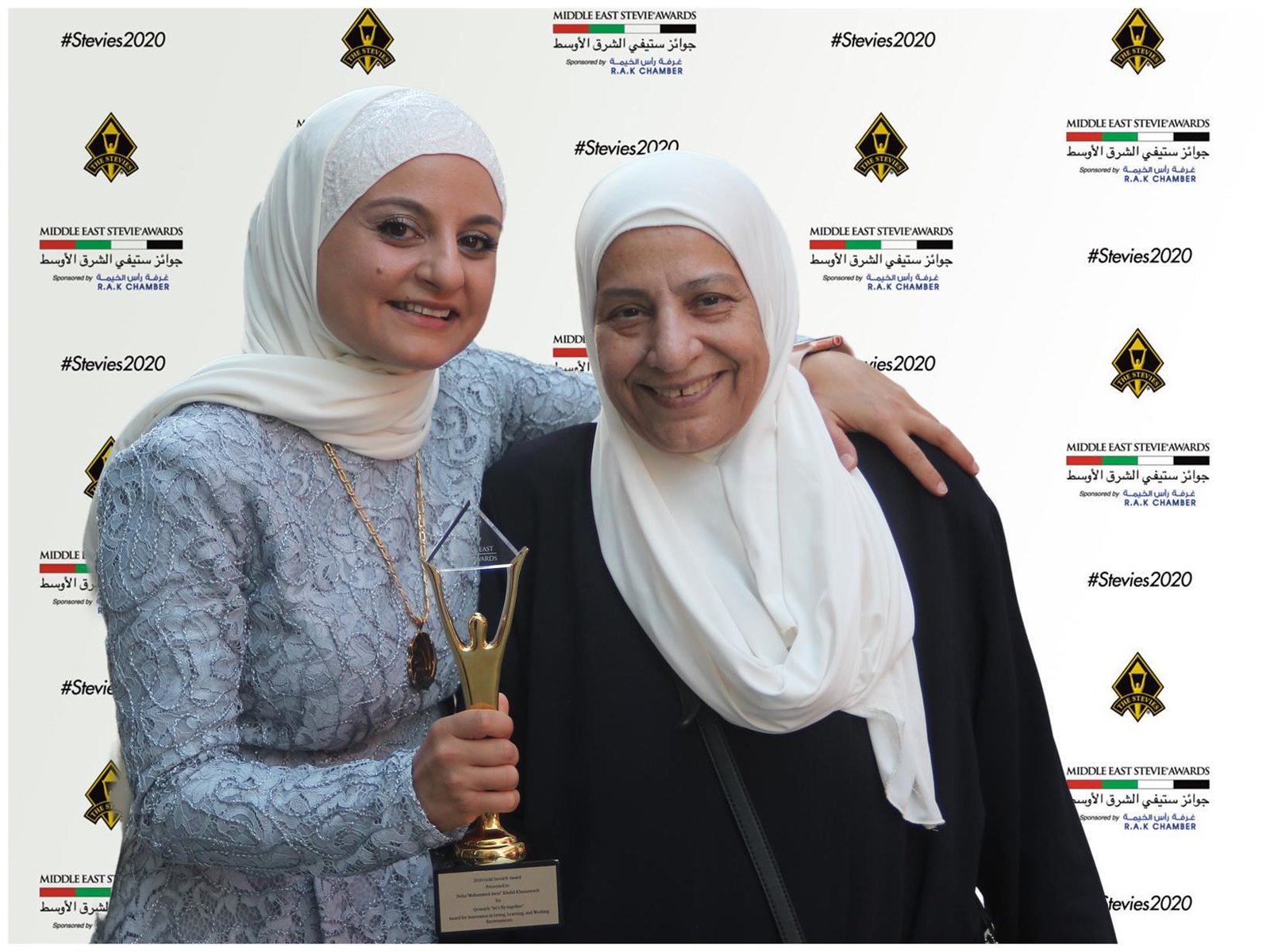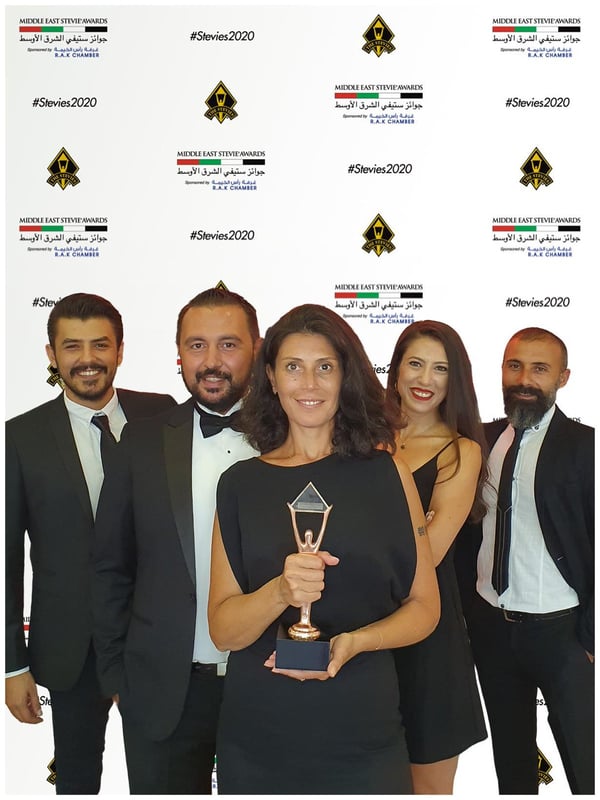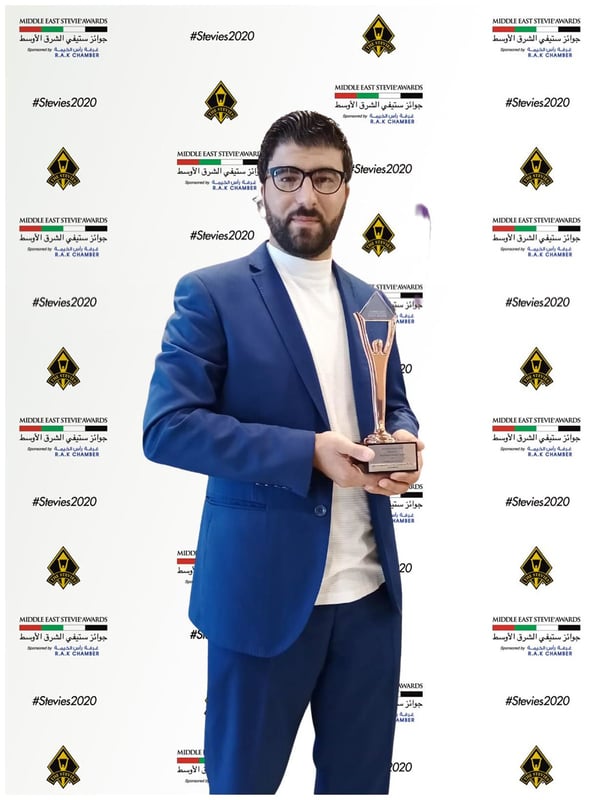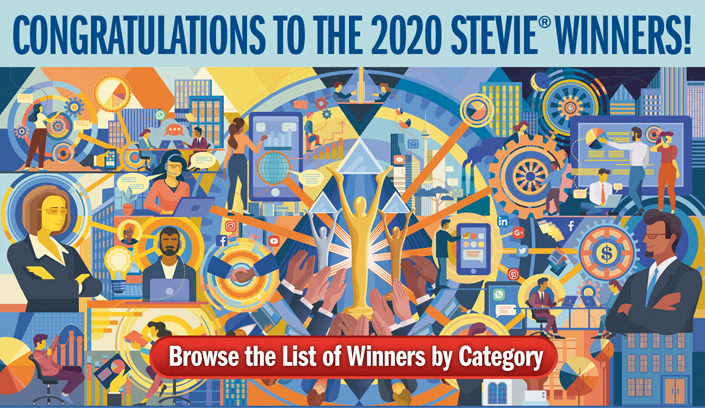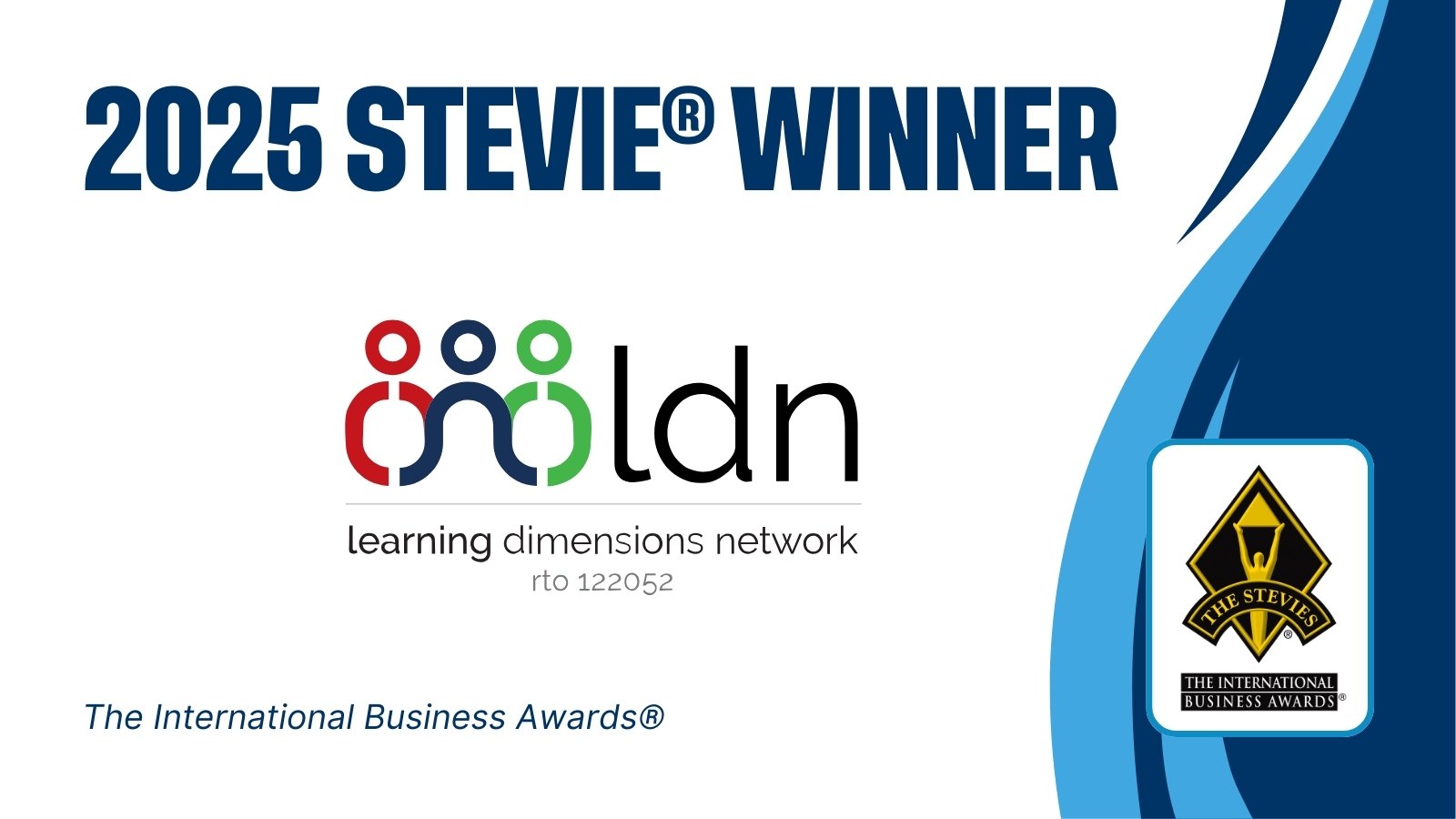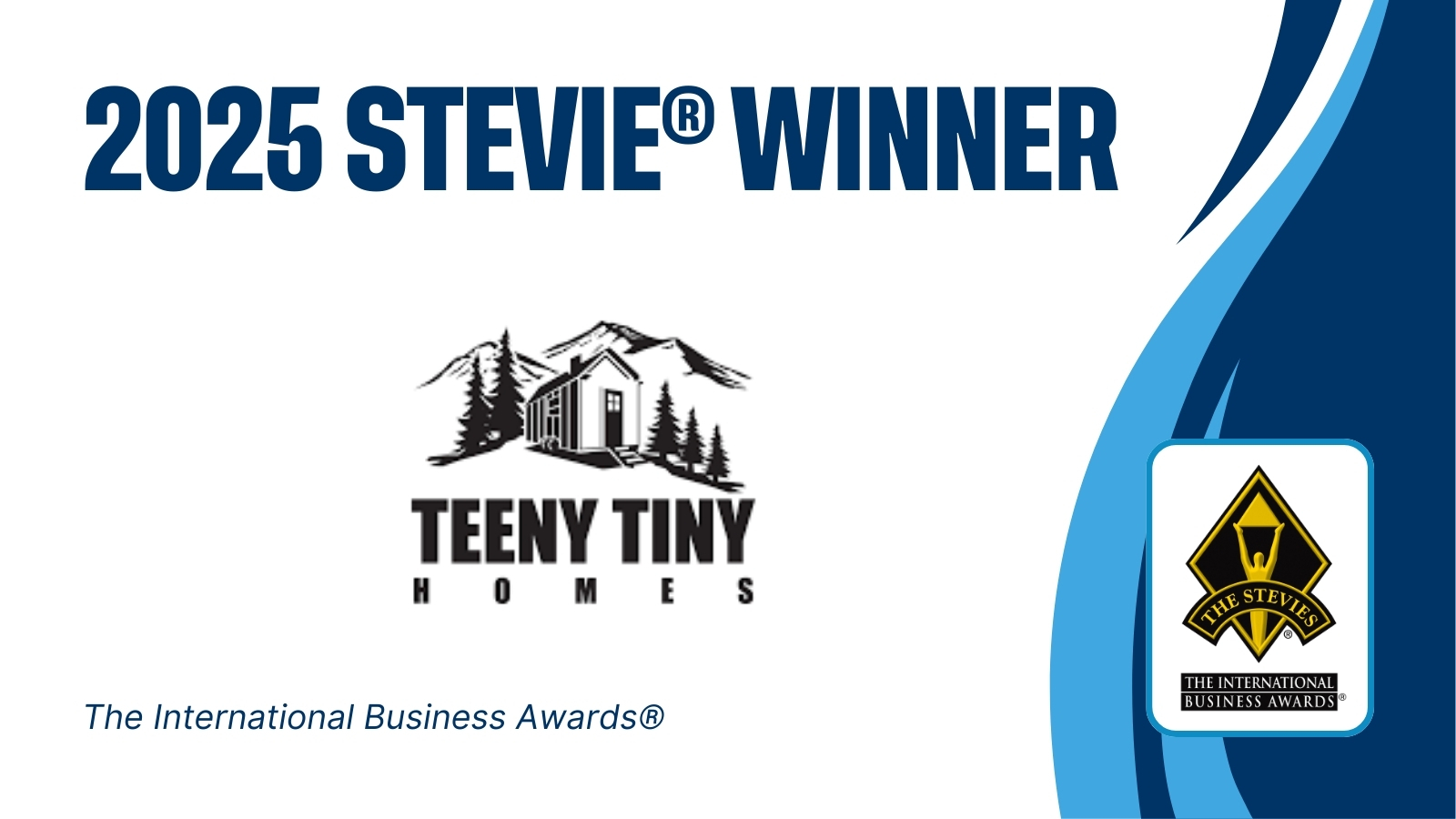The Stevie® Awards for Women in Business, which shine a spotlight on women executives, entrepreneurs, and organizations run by women, have announced the 2020 winners today.
The Stevie Awards for Women in Business is an international competition produced by the creators of the prestigious International Business Awards® and American Business Awards®. The Stevie is widely regarded as the world’s premier business award.
This year’s Gold, Silver and Bronze Stevie Award winners will be honored at a virtual awards ceremony on Wednesday, December 9. More than 400 women and their guests from around the world are expected to attend the presentations.
The Stevie Awards for Women in Business event will be complemented by the third annual Women|Future Conference, a two-day networking and learning event for female founders, business owners, entrepreneurs and industry leaders, that also will be staged virtually, this year on November 12-13. Registration is just $99, or $49 for current students with an active student ID.
Details and registration are available at www.WomenFutureConference.com.
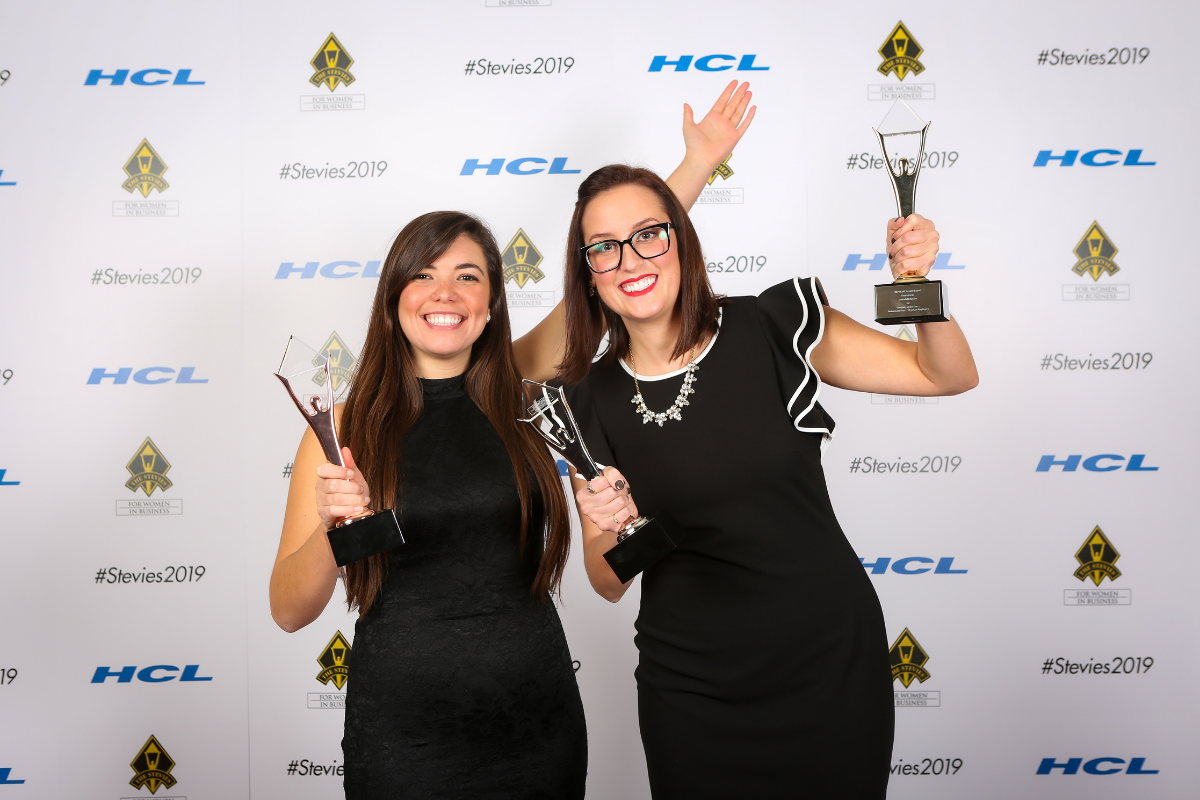
More than 1,500 nominations from organizations and individuals around the world were submitted this year for consideration in categories including COVID-19 Response, Entrepreneur of the Year, Executive of the Year, Most Innovative Company of the Year, and Startup of the Year, among others. More than 180 business professionals working in seven specialized judging committees determined the Gold, Silver, and Bronze Stevie Award winners.
Among the many extraordinary organizations and women who have been recognized as Stevie winners, the following organizations stand out as those with four or more winning nominations: 8x8 to Educate (Currumbin, QLD Australia), AlterContacts (Amsterdam, The Netherlands), Dee is for Digital (Marbella, Spain), DevelopHer (Dallas, TX USA), DHL Express (worldwide), Families Without Borders (Moraga, CA USA), Helen Zahos, Humanitarian Nurse (Australia), IGNITE Worldwide (Brier, WA USA), Jeunesse Global (Lake Mary, FL USA), John Hancock (Boston, MA USA), Mentor (New York, NY USA), New American Funding (Tustin, CA USA), Purpose DRV’N (Woodbury, MN USA), REMAP Network (Toronto, ON Canada), Saski Collection (Gold Coast, QLD Australia), Spectrum Support Ltd (Southport, Queensland Australia), Tavuun Welfare Association (Lahore, Pakistan), The Financial Literacy Youth Initiative (Cranston, RI USA), Toft Group (San Francisco, CA USA), Wolters Kluwer (multiple cities), and Xandr (Boston, MA USA).
The 2020 Gold, Silver, and Bronze Stevie Award winners reflect a diverse group of large and small organizations from around the globe. Notable Gold Stevie Award winners in this year’s competition include:
- Julianna Yau, Founder, Ampala Education, Hong Kong - Woman of the Year - Business Services
- Jacqueline Guichelaar, Senior Vice President and Group Chief Information Officer, Cisco, San Jose, CA USA - Woman of the Year – Technology
- Katherine Relle, Private Equity Portfolio Manager, JPMorgan Chase & Co., New York, NY USA - Female Employee of the Year – Business
- Michelle Arscott, Founder and Mentor, The International Life Coach, Nairobi, Kenya – Mentor or Coach of the Year – Health/Wellness
- Project SMILE, NCR, Philippines – Most Valuable Non-Profit COVID-19 Response
- EggLife Foods, Chicago, IL USA – Best New Product of the Year – Consumer Products
- LinkedIn Corp, Sunnyvale, CA USA – Most Valuable COVID-19 Corporate Response
- Burger King, Miami, FL USA – Communications or PR Campaign of the Year – Food and Beverage
Stevie Award-winning nominations were submitted by organizations in Australia, Bahrain, Brazil, Canada, China, Egypt, Finland, Germany, Hong Kong, India, Ireland, Israel, Jordan, Kenya, Mexico, the Netherlands, Nigeria, Norway, Pakistan, Philippines, Russia, Saudi Arabia, Singapore, South Africa, Spain, Taiwan, Turkey, the United Arab Emirates, the United Kingdom, the United States, and Vietnam.
Visit http://www.StevieAwards.com/Women for a complete list of Stevie winners by category.
Winners of five Grand (best of show) Stevie Award trophies, and in three HCL Technologies-sponsored categories for women in technology, will be announced the week of October 12.





